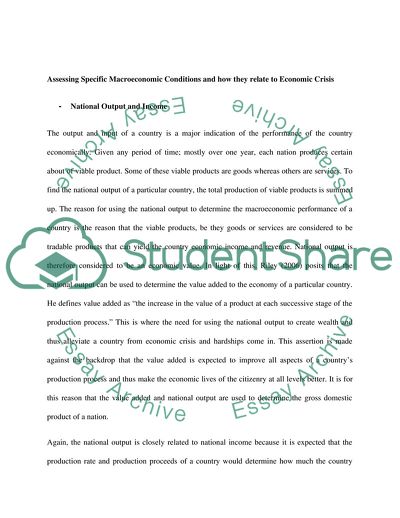Cite this document
(The current crisis sheds more light on macroeconomics than vice-versa Essay, n.d.)
The current crisis sheds more light on macroeconomics than vice-versa Essay. https://studentshare.org/macro-microeconomics/1769328-the-current-crisis-sheds-more-light-on-macroeconomics-than-vice-versa-discuss
The current crisis sheds more light on macroeconomics than vice-versa Essay. https://studentshare.org/macro-microeconomics/1769328-the-current-crisis-sheds-more-light-on-macroeconomics-than-vice-versa-discuss
(The Current Crisis Sheds More Light on Macroeconomics Than Vice-Versa Essay)
The Current Crisis Sheds More Light on Macroeconomics Than Vice-Versa Essay. https://studentshare.org/macro-microeconomics/1769328-the-current-crisis-sheds-more-light-on-macroeconomics-than-vice-versa-discuss.
The Current Crisis Sheds More Light on Macroeconomics Than Vice-Versa Essay. https://studentshare.org/macro-microeconomics/1769328-the-current-crisis-sheds-more-light-on-macroeconomics-than-vice-versa-discuss.
“The Current Crisis Sheds More Light on Macroeconomics Than Vice-Versa Essay”. https://studentshare.org/macro-microeconomics/1769328-the-current-crisis-sheds-more-light-on-macroeconomics-than-vice-versa-discuss.


